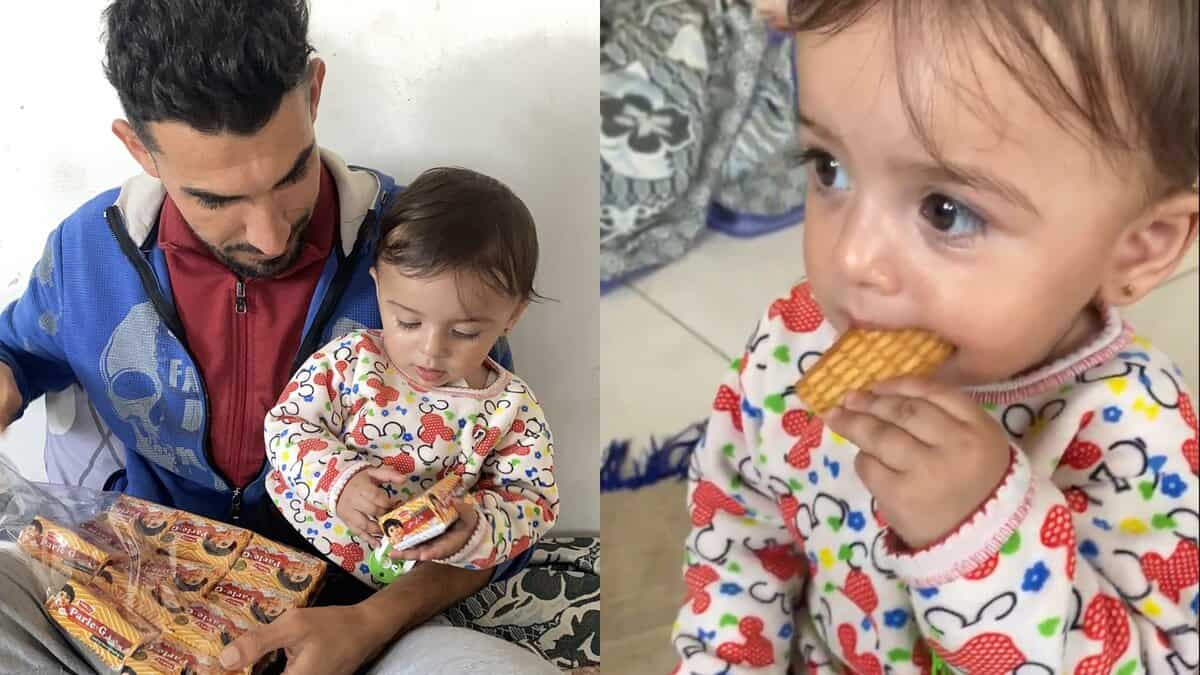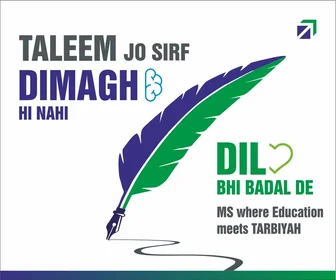
Parle G has been a household name in the Indian subcontinent since time immemorial, and is popular worldwide for decades. In Gaza, however, a father bought his toddler daughter her favourite Parle G biscuits for a startling 24 euros, or Rs 2,785.
The post from June 1 that shared this moment has gone viral on social media platforms. Mohammed Jawad shared videos of his daughter, Ravif, excited about the biscuits. “Even though the price jumped from 1.5 euros to over 24 euros, I just couldn’t deny Rafif her favorite treat,” he wrote.
An NDTV report includes a Gaza doctor explaining how the discombobulating price hike is caused by immense scarcity and the ongoing subsistence crisis in western Gaza. While the original manufacturers send them free of cost as aid, the privileged few able to obtain them further resell them on the black market with marked up prices.
The Parle-G biscuit packets do not come with price tags, allowing sellers to sell them at any price on the black market. This is not just the case with biscuits; the prices of bare necessities, such as rice, flour, cooking oil, and vegetables like potatoes and onions are also rising. One cup of coffee costs around Rs 1,800 in Gaza, and 1 litre of cooking oil costs Rs 4,177.
What we know as a cheap packet of glucose biscuits has become a luxury item in Palestine’s forced famine. The largest selling biscuit in the world has become something that Gazans save up for.
United Nations High Commissioner for Human Rights Volker Türk said that “Palestinians have been presented the grimmest of choices: die from starvation or risk being killed while trying to access the meagre food that is being made available through Israel’s militarised humanitarian assistance mechanism.”




